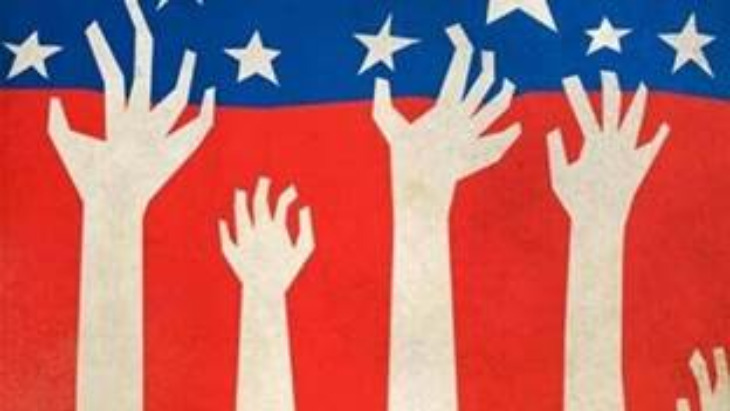The documentary also sheds light on the complicity of American businesses in the Nazi war machine. IBM, for example, provided the punch card technology that enabled the efficient identification and extermination of Jews in the death camps. Ford and General Motors operated in Germany throughout the war, producing military vehicles for the Nazis. The US government, too, was aware of the atrocities being committed against the Jews but chose to prioritize political and economic interests over humanitarian concerns.
Watching “The US and the Holocaust” is a sobering experience, a reminder of the dangers of silence and complicity in the face of injustice. As the world grapples with ongoing atrocities and human rights abuses, the lessons of history must not be forgotten. The documentary serves as a powerful call to action, urging viewers to confront hatred, bigotry, and indifference wherever they may be found.
Ultimately, “The US and the Holocaust” challenges us to reflect on our own responsibilities as individuals and as a society. It prompts us to ask ourselves what we can do to prevent such horrors from happening again. In a world that is increasingly divided and fraught with tension, the documentary serves as a poignant reminder of the importance of standing up for justice and speaking out against oppression.
Regenerate And while I was only too aware of FDR’s profound unwillingness to take any action that might have stopped the Nazi juggernaut, I never knew that he himself recycled the antisemitic canard that admitting Jewish refugees threatened national security, since the Jews might be Nazi spies.
The one serious weakness in Burns’s documentary is how hard it tries to justify FDR’s inaction. Repeatedly viewers are told that the president could not get out in front of public opinion, which was unwilling to open the doors to refugees. But Roosevelt, despite his vast popular following, made no effort to influence that public opinion.
Thus, amid the outrage that followed Kristallnacht, when Jewish businesses and synagogues across Germany were destroyed and 30,000 Jews dragged off to concentration camps, FDR would do no more than recall his ambassador from Berlin as a sign of disapproval. He steadfastly declined to criticize any Nazi official by name. And when legislation was offered in Congress to admit 20,000 Jewish child refugees, Roosevelt refused to speak in its favor. Just as he refused any help for the 937 refugees aboard the St. Louis who reached the coast of Florida in 1939, only to be denied entry and forced to return to Europe. Just as he refused to allow the railroad tracks leading to Auschwitz to be bombed, even as US bombs were being dropped on industrial and oil facilities nearby.
During the 12 years of Hitler’s rule, 2 of every 3 Jews in Europe were murdered. Of all the Allies, the United States was best positioned to save Jewish lives. But even in the strongest, richest, and safest country on earth, saving those lives was not a priority.
“We let our consciences realize too late the need of standing up against something that we knew was wrong,” Eleanor Roosevelt would say after the war was over. “We therefore had to avenge it — but we did nothing to prevent it.”
This article originally appeared in The Boston Globe.

